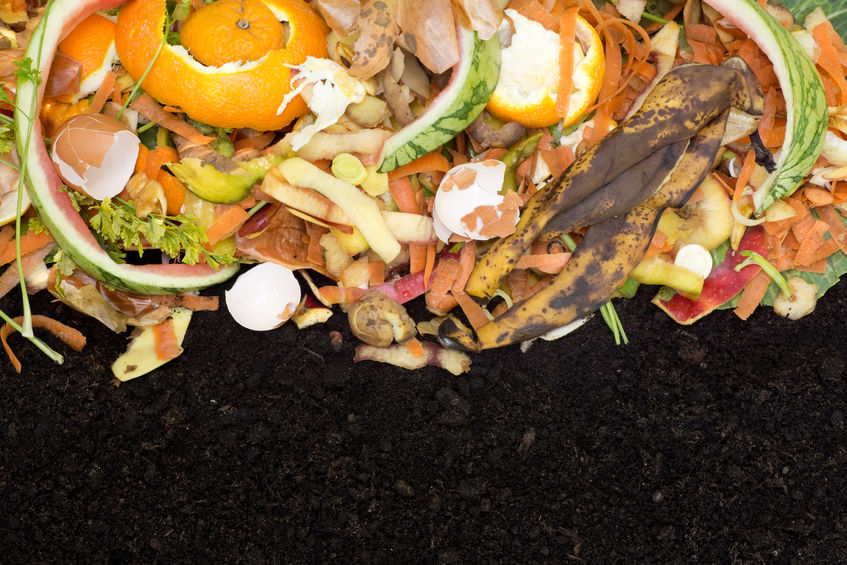


The easy answer is both! In an ideal world, you’d naturally be able to make your own, perfect compost via food scraps alone, but that’s just not the case for the vast majority of people. Compost is essential for your yard and garden because it can help and correct every issue you might be facing. However, “compost” can mean a lot of things. The goal is to ensure that it’s prepared properly and has balanced nutrition. Homemade compost, of course, reduces your carbon footprint, but you only have so much say in terms of the materials used. By pairing it with bagged compost (or supplementing) you can ensure your compost is perfectly balanced.
The nutritional value of your compost completely depends on the materials. For example, compost made of just grass clippings and cardboard is going to have a completely different nutritional makeup than one made of veggie scraps and kindling—but they’re both composts. Many people like to create their own compost because they know exactly what’s in it, but homemade compost is rarely good enough to be a fertilizer on its own.
Compost helps soil sustain more nutrients, air, and water, improving the soil over time. However, some compost can be bad for the soil. Compost is a source for nutrients, and if you overload your soil it can cause a type of toxicity. All plants need phosphorous, nitrogen, and potassium—but not too much of each. When you buy bagged compost, you’ll see exactly how much of these ingredients are included. Before applying compost, it’s a good idea to test your soil’s current levels and get its pH. This will help you see what kind of compost to add and which nutrients the soil is missing. Of course, if you make compost at home, you won’t have that information without testing the soil first (which most people fail to do).
If you feel overwhelmed already, you’re not alone. Composting for gardens isn’t as simple as choosing a bag at random and adding it to the soil. You can do more harm than good. The goal of composting is to fix any deficiencies in your soil and not poison the soil with too much of a good thing. You’re adding nutrients that your soil is lacking, and you need to know where your soil stands first. The good news is that testing the soil’s pH is easy, cost-effective and you can get kits at most gardening stores.
The first step is testing your soil. Once you know which nutrients your soil is lacking and which ones are in abundance, you can make an informed choice on bagged compost. If you’d like to reduce waste as well, adding in some homemade composting probably won’t hurt your yard since most people can’t create too much home composting. How much compost you’ll need is another factor. Most lawns require 8 – 16 cubic yards of compost. You’ll be adding a compost layer anywhere from ¼ - ½ inch to the yard. Most compost bags are 3 cubic feet, which means most people need 72 – 144 bags.
As you can see, a lot of compost is necessary to reinstall a yard and you’ll likely order compost by the truckload. However, for smaller projects like a tiny garden you want to nurture and will require fewer bags. We’ll help you determine how much compost you need based on your project.